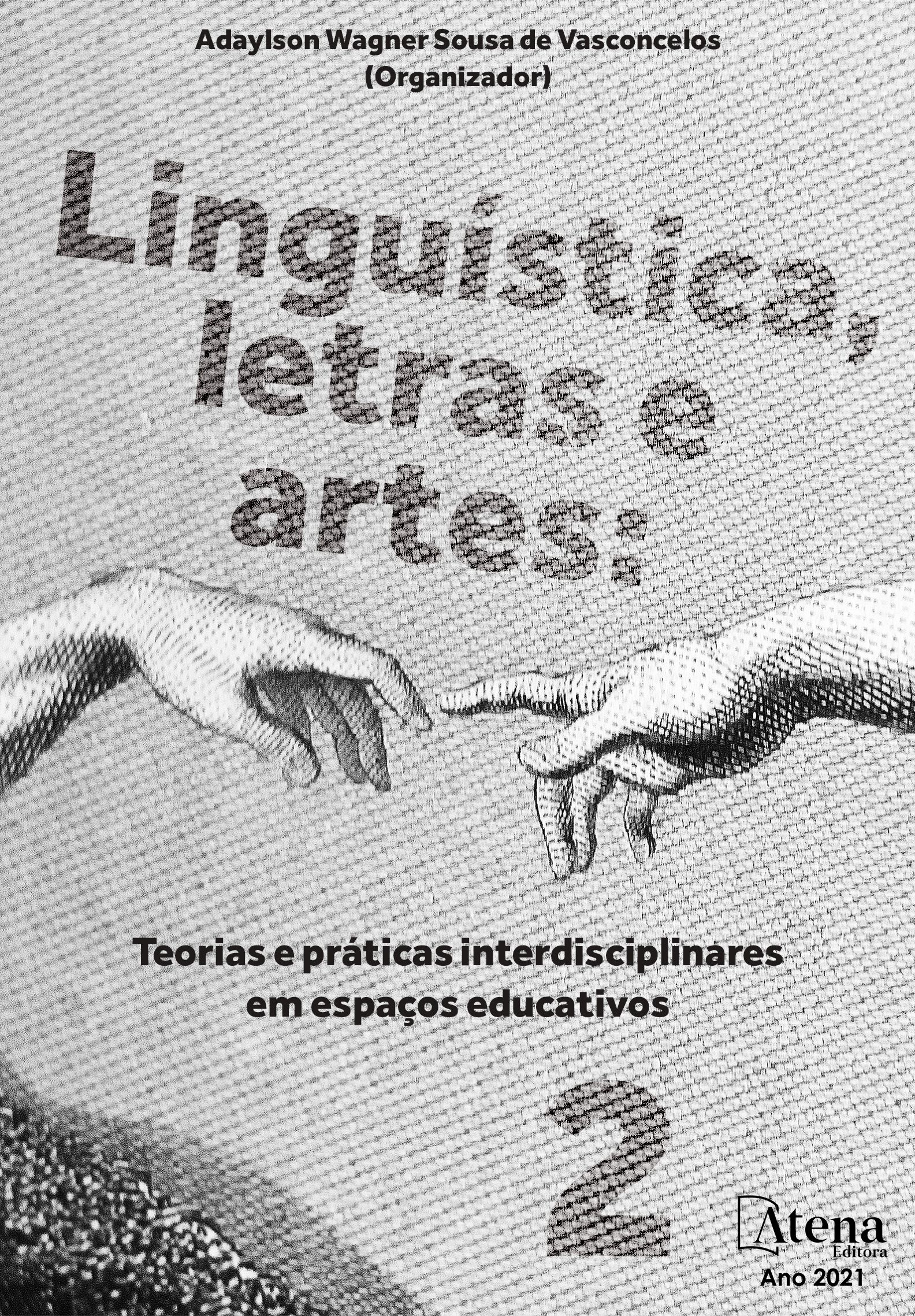
DA PARÁFRASE AO DESLIZAMENTO: SENTIDOS EM TORNO DE UMA GREVE MILITARIZADA
Toda vez que é deflagrada uma greve da categoria da polícia militar, inicializa-se um crescente alvoroço em torno de discussões referente à PM poder/dever ou não poder/dever fazer greve, de ser ou não ser legal. Em meio ao alvoroço, acentua-se que nos embates ideológicos da luta de classes, o funcionamento da língua evidencia que os sentidos produzidos em torno de uma expressão, de uma palavra, de um pronunciamento em público etc. sofrem modificações a depender das posições sustentadas e implicadas em uma determinada conjuntura sócio-histórica. Os discursos se constituem no tensionamento entre o retorno ao mesmo (retorno a algo já dito, que já tenha sentido) e o diferente (possibilita a ruptura). Para Orlandi (2009) “é no jogo entre a paráfrase e polissemia, entre o mesmo e o diferente, entre o já-dito e a se dizer que os sujeitos e os sentidos se movimentam, fazem seus percursos, (se) significam”. Com efeito, enquanto prática de compreensão histórica dos processos semânticos, a Análise do Discurso de linha pecheuxtiana - teoria que fundamenta esta pesquisa -, possibilita a compreensão de como as tensões sociais se processam no campo da linguagem. Desse modo, propomos discutir a maneira pela qual essas tensões sociais se processaram no campo da linguagem. Para tanto, selecionamos o corpus buscando por pistas que aflorassem o entendimento de o porquê, como e sob quais condições os discursos em torno dos sentidos de greve são construídos a partir de ideologias que diferem quanto à possibilidade de os PMs participarem do exercício político, verificando de que forma a paráfrase, a polissemia e o deslizamento realçaram no discurso a disputa pela (des) legitimação dos sentidos atribuídos ao direito de greve à categoria no período compreendido entre 1981 e 2012.
DA PARÁFRASE AO DESLIZAMENTO: SENTIDOS EM TORNO DE UMA GREVE MILITARIZADA
-
DOI: 10.22533/at.ed.9072120097
-
Palavras-chave: Greve. Polícia Militar. Paráfrase. Sentidos.
-
Keywords: Strike. Military Police. Paraphrase. Senses.
-
Abstract:
Every time a strike of the military police category is triggered, a growing uproar begins around discussions regarding the PM's power/duty or not being able/should go on strike, whether or not it is legal. Amidst the uproar, it is emphasized that in the ideological clashes of class struggle, the functioning of language shows that the meanings produced around an expression, a word, a public pronouncement, etc. they undergo changes depending on the positions sustained and implied in a particular socio-historical situation. The discourses are constituted by the tension between the return to the same (return to something already said, which already has meaning) and the different (allows rupture). For Orlandi (2009) “it is in the game between paraphrase and polysemy, between the same and the different, between what has already been said and what is said that subjects and senses move, make their paths, (if) they mean”. For this purpose, we selected the corpus looking for clues that would bring out the understanding of why, how and under what conditions the discourses around the meanings of strike are constructed from ideologies that differ as to the possibility of MPs participating in the political exercise, verifying how the paraphrase, polysemy and slippage highlighted in the discourse the dispute for the (de) legitimation of the meanings attributed to the right to strike to the category in the period between 1981 and 2012.
-
Número de páginas: 11
- ARETUZA PEREIRA DOS SANTOS


